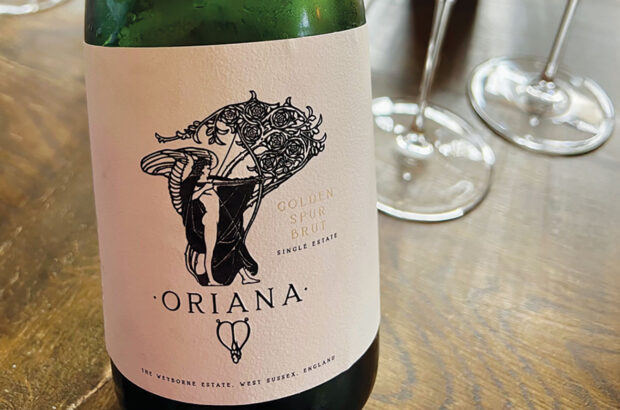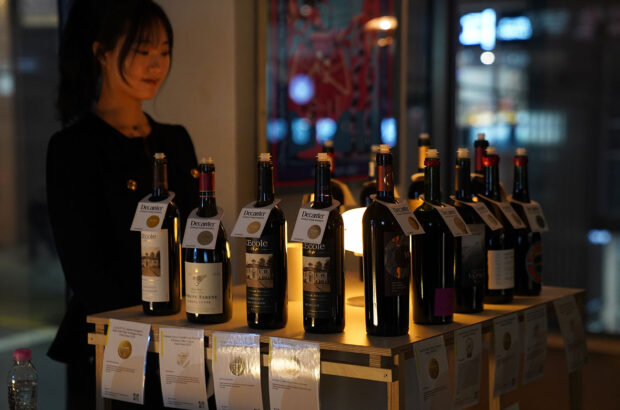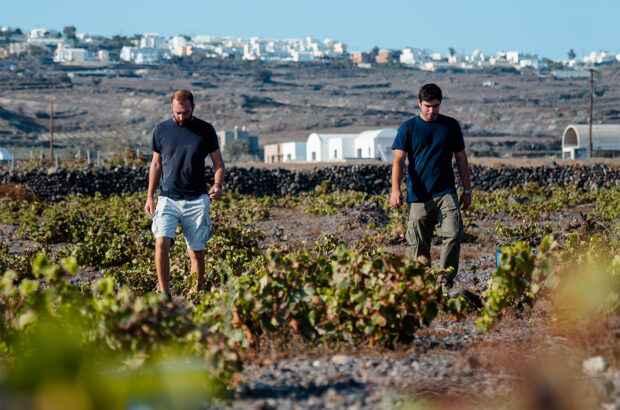Following a recent modification of EU rules, member states are now allowed to employ resistant varieties in the production of wines with protected denominations of origin (PDO).
The decision, published last week in the Official Journal of the European Union, is part of a wider revision of previous regulations that established common quality schemes, organisation of the market, definitions, descriptions, presentations, and labelling of European agricultural products and foodstuffs.
Before the announcement, only vines of the vitis vinifera species could be used for PDO wines produced within the EU, while vines that presented any genetic trace of non-vinifera species, such as fungal-resistant PIWI (Pilzwiderstandsfähig) varieties, were excluded.
According to the updated regulations however, member states can now use vine varieties belonging to vitis vinifera as well as hybrids containing both vitis vinifera and non-vinifera genetic material from vine species of American and Asian origin.
The EU’s decision came as a response to the challenges posed by climate change and to help the European winegrowing industry become more sustainable. Indeed, a number of hybrid varieties benefit from a higher resistance to common diseases such as downy and powdery mildew, meaning that the vineyards require little to no treatments, be these chemical pesticides or organic-approved copper spraying.
‘Resistant varieties present a number of advantages and no disadvantages, apart from a small commercial challenge deriving from a segment of the market who will always only drink certain PDO wines,’ says Werner Morandell of Lieselehof vineyard, who already produces table wines from PIWI grapes in Italy’s Alto Adige.
‘First of all, most PIWIs do not require treatments in the vineyard, apart from a few difficult vintages, when perhaps they need one or two. Among some 70 PIWI grapes that I’ve been able to study, maybe 15 need one or two treatments. But even for those, it really depends on the region. In a place where it rains very little such as Sicily, where a vinifera vine does not need more than five or six treatments a year, none of those PIWIs require treatments anyway.’
According to Morandell, further benefits include reduced soil compaction and a sizable amount of time saved for the producer: ‘Going through the vineyards with a heavy tractor 15 or 20 times a year means that the soil, eventually, gets very compacted. It becomes like concrete. If you walk around my vineyards though, you can see that the soil is really soft. Finally, all that time that winegrowers normally spend worrying about when they should be spreading poison with a tractor next, can be employed to focus on more useful work.’
The new EU rules are likely to have a revolutionary impact on the future of winegrowing in key wine countries such as Italy and France, yet wine drinkers won’t be noticing the changes any time soon. Member states’ approval – as well as green lights from relevant regional authorities – are needed before hybrid varieties may be integrated into any given PDO regulations.
Vincent Pugibet, president of the PIWI France association of producers and owner of Languedoc-based domaine La Colombette believes that, while the EU’s approval is a step in the right direction, lack of cooperation between Europe’s numerous vine breeding institutes still represents a major obstacle that’s stopping resistant varieties from taking off.
‘The possibility to use them in appellations is just part of the issue. You also have the problem of competition between different institutes in Europe. It’s the biggest obstacle for resistant grapes to grow in the future,’ he said.
‘At [leading Italian grapevine nursery] Vivai Cooperativi Rauscedo for instance, they created a lot of hybrids based on the Sauvignon Blanc variety like Sauvignon Kretos or Sauvignon Rytos which are very interesting in terms of both resistance and taste, but the French Institute of Agronomic Research (INRA), which is in charge of authorising the use of non-French hybrids within the country, does not allow to plant these grapes, not even for table wine.’
Pugibet explains that INRA, which itself breeds its own hybrid species, is in clear competition with Rauscedo and other foreign institutes. ‘The INRA will never allow us to use Italian hybrids, because they breed their own hybrids themselves, you see? It’s like if Renault was in charge of authorising FIAT to sell cars in France.’






